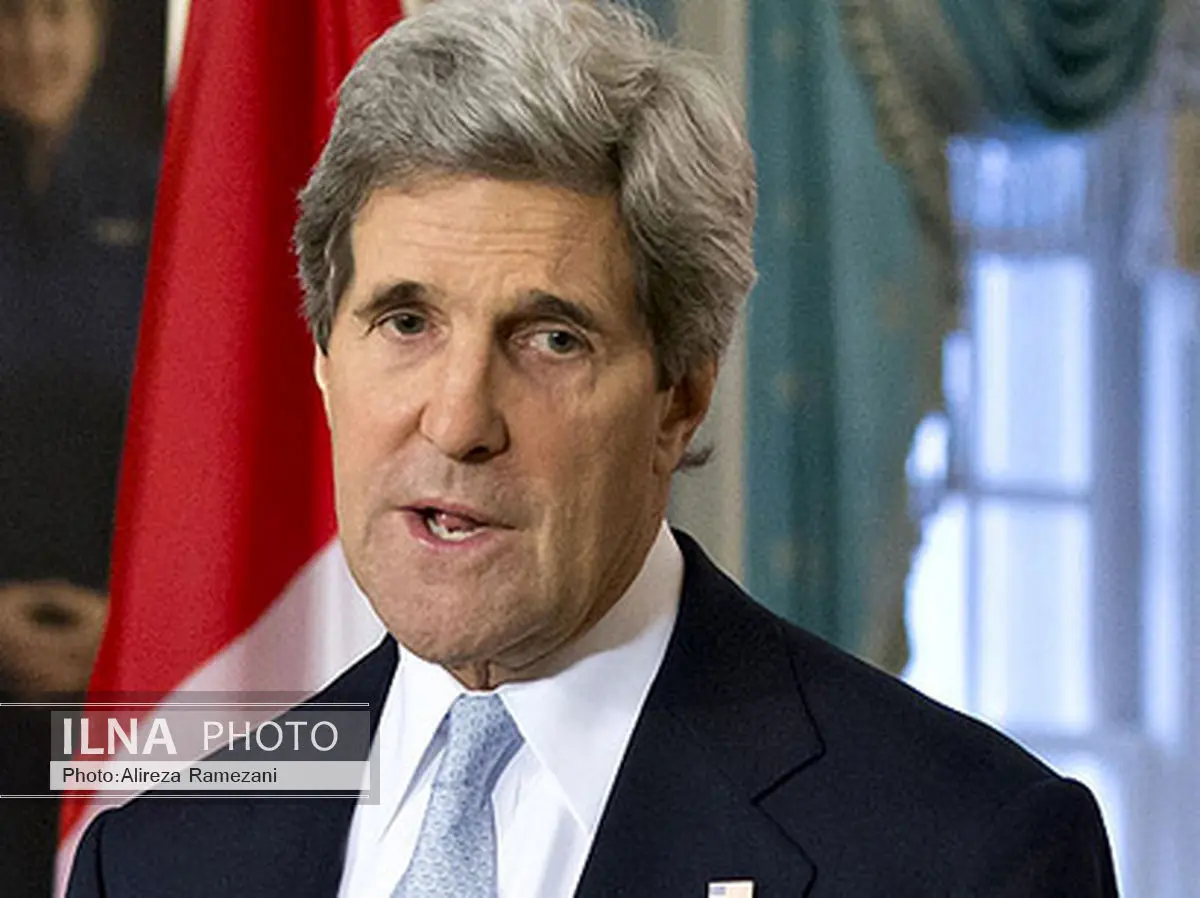Kerry joins other G7 foreign ministers at Hiroshima A-bomb museum

John Kerry on Monday became the first U.S. secretary of state to pay his respects at Hiroshima's memorial to victims of the 1945 U.S. nuclear attack, raising speculation that U.S. President Barack Obama might visit in May.
Accompanied by foreign ministers of the Group of Seven (G7) advanced economies, Kerry toured the Hiroshima Peace Memorial and Museum, whose haunting displays include photographs of badly burned victims, the tattered and stained clothes they wore and statues depicting them with flesh melting from their limbs.
The ministers from Britain, Canada, France, Germany, Italy, Japan and the United States then laid wreaths at a cenotaph to the victims of the Aug. 6, 1945 bombing, which reduced the city to ashes and killed some 140,000 people by the end of that year.
While he is not the highest-ranking U.S. official to have toured the museum and memorial park, a distinction that belongs to then-U.S. Speaker of the House of Representatives Nancy Pelosi in 2008, Kerry is the senior-most executive branch official to visit.
"Everyone in the world should see and feel the power of this memorial. It is a stark, harsh, compelling reminder not only of our obligation to end the threat of nuclear weapons, but to rededicate all our effort to avoid war itself," the chief U.S. diplomat wrote in a guest book at the museum.
After a moment of silence by the ministers, Japanese school children presented them with lei's made of paper cranes, symbolising peace, in each country's national colours.
Three days after a U.S. warplane dropped a nuclear bomb on Hiroshima, another atomic bomb was dropped on Nagasaki on Aug. 9, 1945. Japan surrendered six days later.
Kerry's trip could pave the way for an unprecedented visit to Hiroshima by a sitting U.S. president when Obama attends the annual G7 leaders summit in another Japanese city next month.
A visit could be controversial in America if it were viewed as an apology. A majority of Americans still view the bombings as justified to end the war and save U.S. lives, while the vast majority of Japanese believe it was not justified.
While saying the White House has not yet decided, the senior U.S. official said Obama, who last month visited Cuba, has shown he is willing to do controversial things such as visiting Havana last month.
Hopes for Obama's visit to Hiroshima were raised after his April 2009 speech in Prague calling for a world without nuclear weapons. He later said that he would be honoured to visit the two nuclear-attacked cities.
The G7 foreign ministers' trip to the museum and memorial is part of Japan's effort to send a strong nuclear disarmament message from Hiroshima, the world's first city to suffer atomic bombing.
"I hope that (the G7 ministers meeting) will send a strong message from Hiroshima for a world without nuclear weapons," Japanese Chief Cabinet Secretary Yoshihide Suga told a news conference in Tokyo.
Kishida said the ministers will discuss anti-terrorism steps, maritime security and issues related to North Korea, Ukraine and the Middle East.
EN
